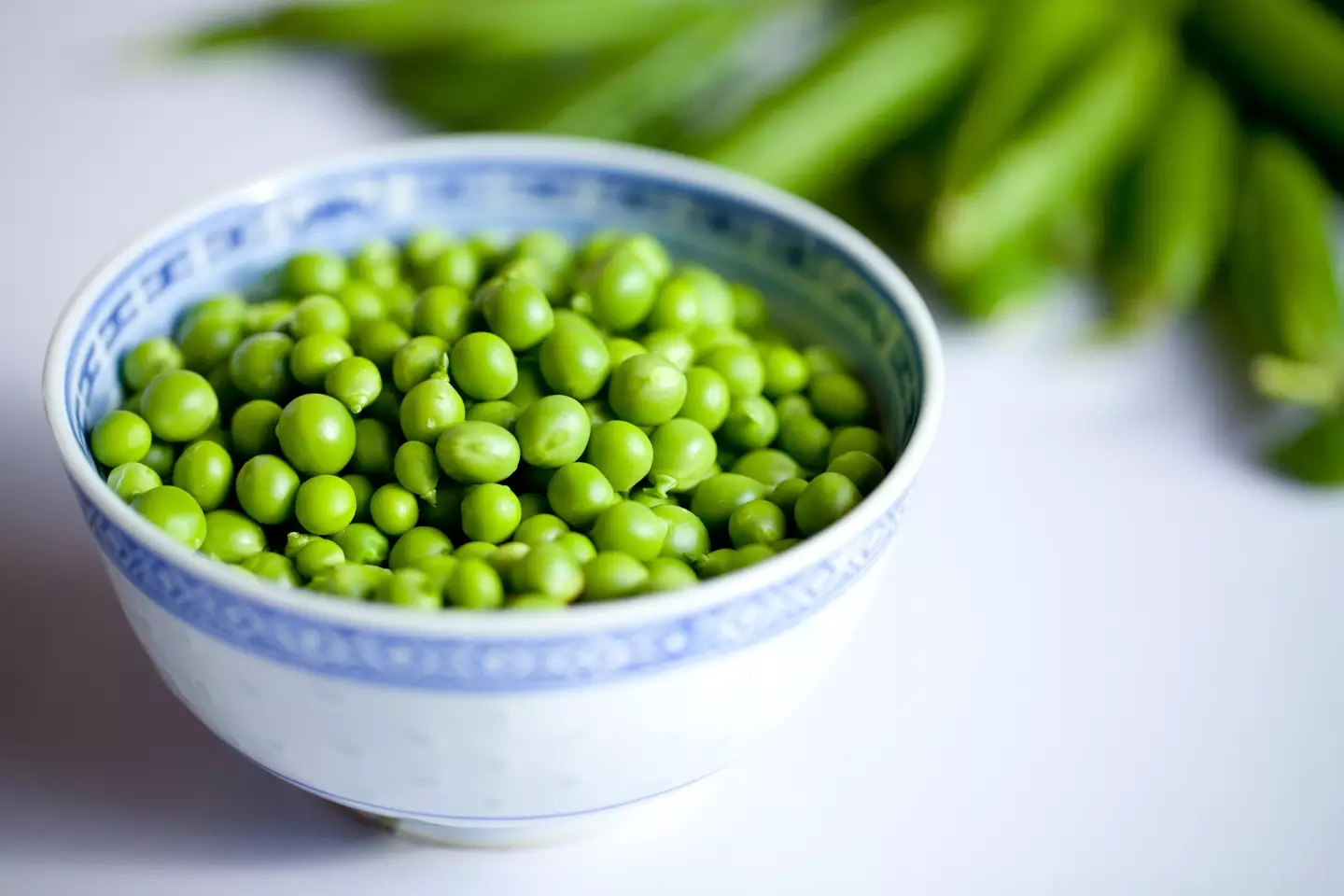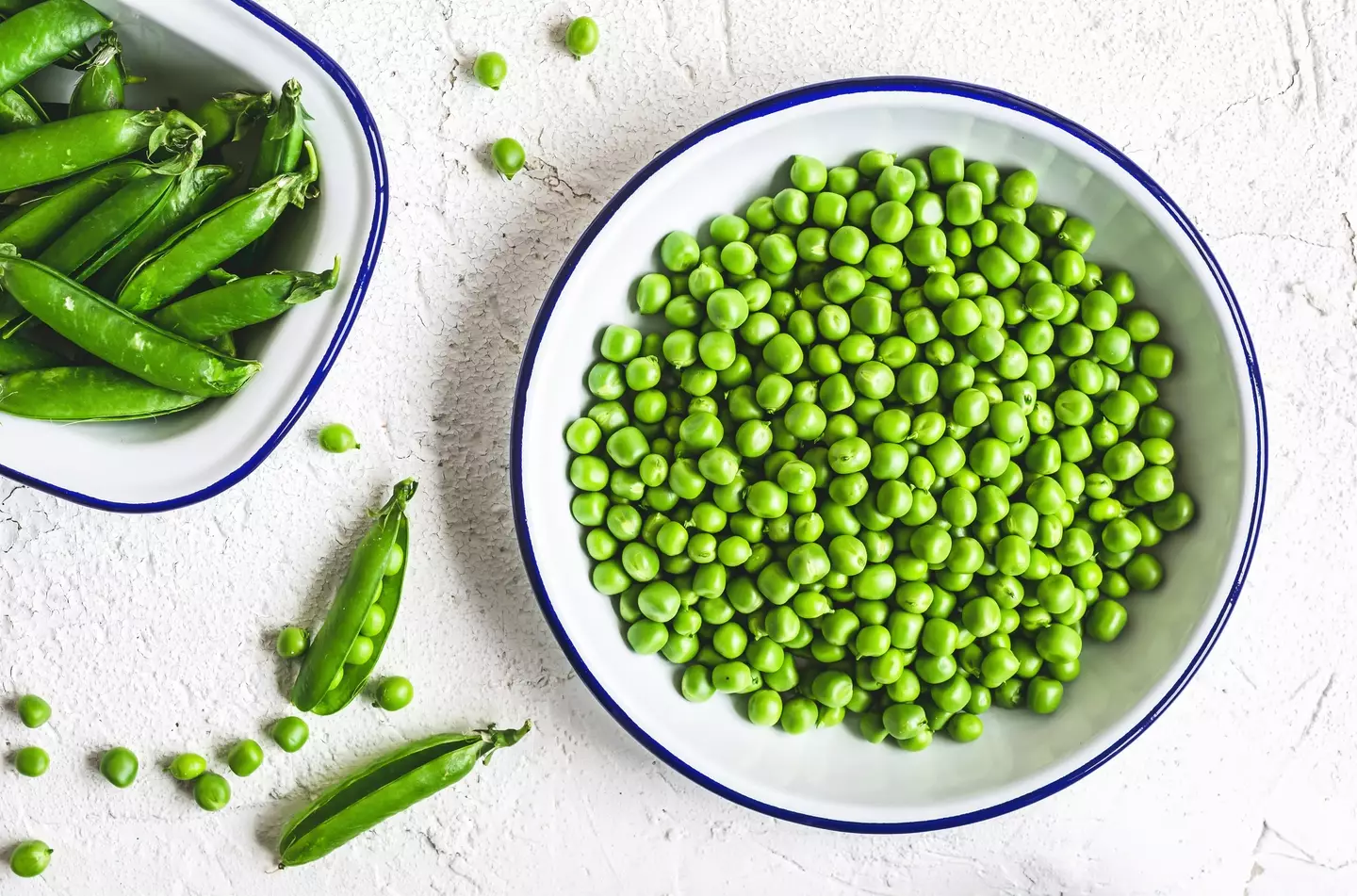
As the UK swelters through record-breaking heat and the driest spring in over a century, farmers are sounding the alarm over one unexpected victim of the changing climate.
For growers, it's one of the most challenging summers in recent memory - and it’s a concern that could soon land on dinner plates across the country.
What’s at stake? A humble but much-loved freezer staple.
Packed with fibre, a little protein, free radical-fighting antioxidants, they’re full of vitamins A, C, and K, along with folate, thiamine, and vitamin B6.
Advert
Unfortunately, the pea could soon be harder to come by, with farmers warning of a potential shortage thanks to sunshine and dry weather triggering the earliest pea harvest in 14 years.

The National Farmer’s Union (NFU) said that pea farmers across Lincolnshire, Norfolk, Suffolk, and East Yorkshire have reported a 30% drop in the peas picked and processed compared with 2024.
This news comes on the heels of the Met Office saying England had its driest spring in over a century, and that was swiftly followed by the warmest June since records began.
Parts of the UK were also hit by three successive heatwaves through June and July, and all that heat and middling to minimal rainfall has dried the soil out.
Along with the soil, crops have been drying prematurely.
"The east coast is your primary vining pea land,” said Henry Moreton, regional NFU chair in Lincolnshire, per the BBC.
“It's all good, well drained land that peas like to grow on. But it's not looking good at the moment. I've never known the viners go out so early. I really haven't.
"The British peas will be in short supply this year but, unless the rain does something really amazing or unless there's a really good end to the season, we are going to look at shortages."
Ian Watson from Stemgold Peas, a company working with 45 farms in Lincolnshire totalling 3,500 acres of pea-growing land said the harvest had begun ‘incredibly early’. Harvests typically begin in mid-June and run until the end of August, but this year it began on 4 June.

"We've seen challenges right from the start of the season whereby soils have been very dry, very hard, very difficult to work," said Mr Watson.
"We're seeing very, very thin crops. They're not going to yield."
He continued: "In some instances, we're going to actually lose crops.
"It's not just here. They're finding the same further south into Norfolk and east Suffolk. They're having an even worse time than we are."
With crops affected across the country, weakened supply could both make it harder to come by the staple vegetable and send prices for available peas higher than usual.
